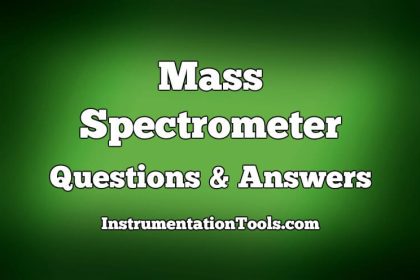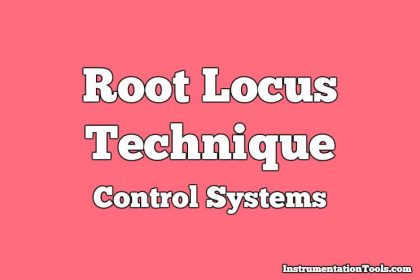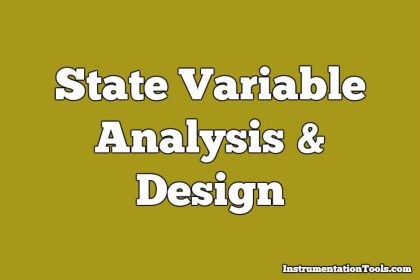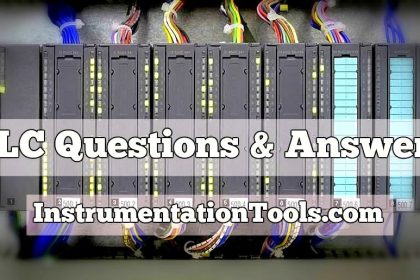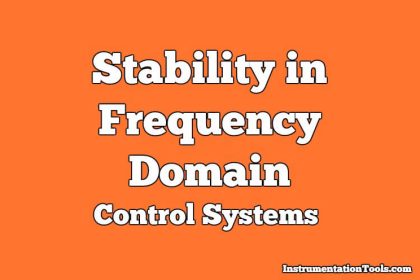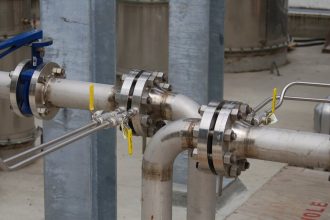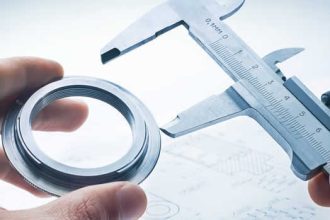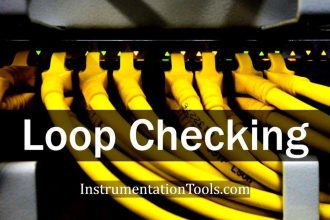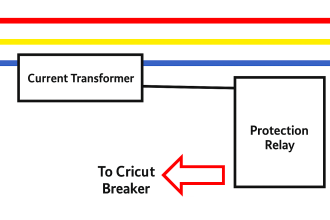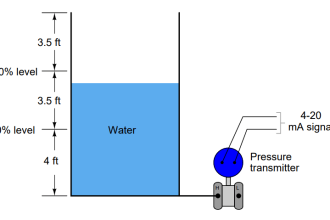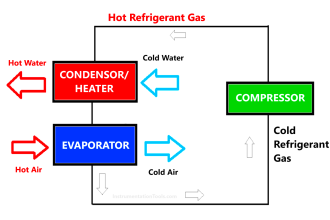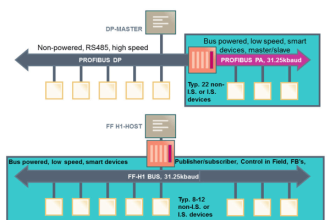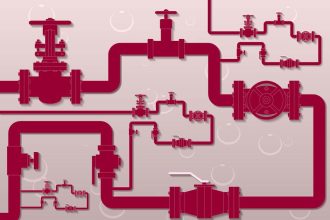Performance Indices
1. If the performance index of a phase lead compensator is (s+a)/ (s+b) and that of a lag compensator is (s+p)/(s+q), then which one of the following sets of conditions must be satisfied?
a) a>b and p<q
b) a>b and p<q
c) a<b and p<q
d) a<b and p>q
Answer: d
Explanation: In phase lead compensator, zero is nearer to origin. In phase lag compensator, pole is nearer to origin.
2. The compensator Gc(s) =5(1+0.3s)/(1+0.1s) would provide a maximum phase shift of:
a) 20°
b) 45°
c) 30°
d) 60°
Answer: c
Explanation: Maximum phase shift sin^(-1) [(1-α)/(1+α)] and sin^(-1)[1/2] = 30°.
3. The industrial controller having the best steady-state accuracy is:
a) A derivative controller
b) An integral controller
c) A rate feedback controller
d) A proportional controller
Answer: a
Explanation: The best steady state accuracy is of derivative controller and this is due to the fact that derivative controller is only affected by the steady state response not the transient response.
4. Assertion (A): An on-off controller gives rise to self-sustained oscillation in output.
Reason (R): Location of a pair of poles on the imaginary axis gives to self-sustained oscillation is output.
a) Both A and R true and R is correct explanation of A
b) Both A and R are true but R is not correct explanation of A
c) A is true and R is False
d) A is False and R is True
Answer: a
Explanation: An off-off controller is the initial version of the proportional controller and it gives the self-sustained oscillations and location of poles on the imaginary axis gives the self-sustained oscillations.
5. Consider the following statement:
A proportional plus derivative controller
1. Has high sensitivity
2. Increases the stability of the system
3. Improves the steady state accuracy
Which of these statements are correct?
a) 1,2 and 3
b) 1 and 2
c) 2 and 3
d) 1 and 3
Answer: b
Explanation: A proportional plus derivative controller has the following features as it adds open loop zero on the negative real axis, peak overshoot decreases, bandwidth increases and rise time decreases.
6. Which one of the following compensation is required for improving the transient response of the system?
a) Phase lead compensation
b) Phase lag compensation
c) Gain compensation
d) Both phase lag compensation and gain compensation
Answer: a
Explanation: For increasing or improving the transient response derivative controller is used and which is the phase lead compensation.
7. Pneumatic controller are :
a) Flexible operation
b) High torque high speed operation
c) Fire and explosion proof operation
d) No leakage
Answer: c
Explanation: Pneumatic controllers are fire and explosion proof operation as they require air and gas fuel for its operation.
8. Hydraulic controller :
a) Flexible operation
b) High torque high speed operation
c) Fire and explosion proof operation
d) No leakage
Answer: b
Explanation: Hydraulic controller must have no leakage and also it requires high torque and high speed operation due to high density of the controller.
9. Electronic Controller :
a) Flexible operation
b) High torque high speed operation
c) Fire and explosion proof operation
d) No leakage
Answer: a
Explanation: Flexible in all sense as it does not require heavy components or extra torque or high speed operations.
10. A plant controlled by a proportional controller. If a time delay element is introduced in the loop its :
a) Phase margin remains the same
b) Phase margin increases
c) Phase margin decreases
d) Gain margin increases
Answer: c
Explanation: The introduction of a time delay element decreases both the phase and gain margin.
